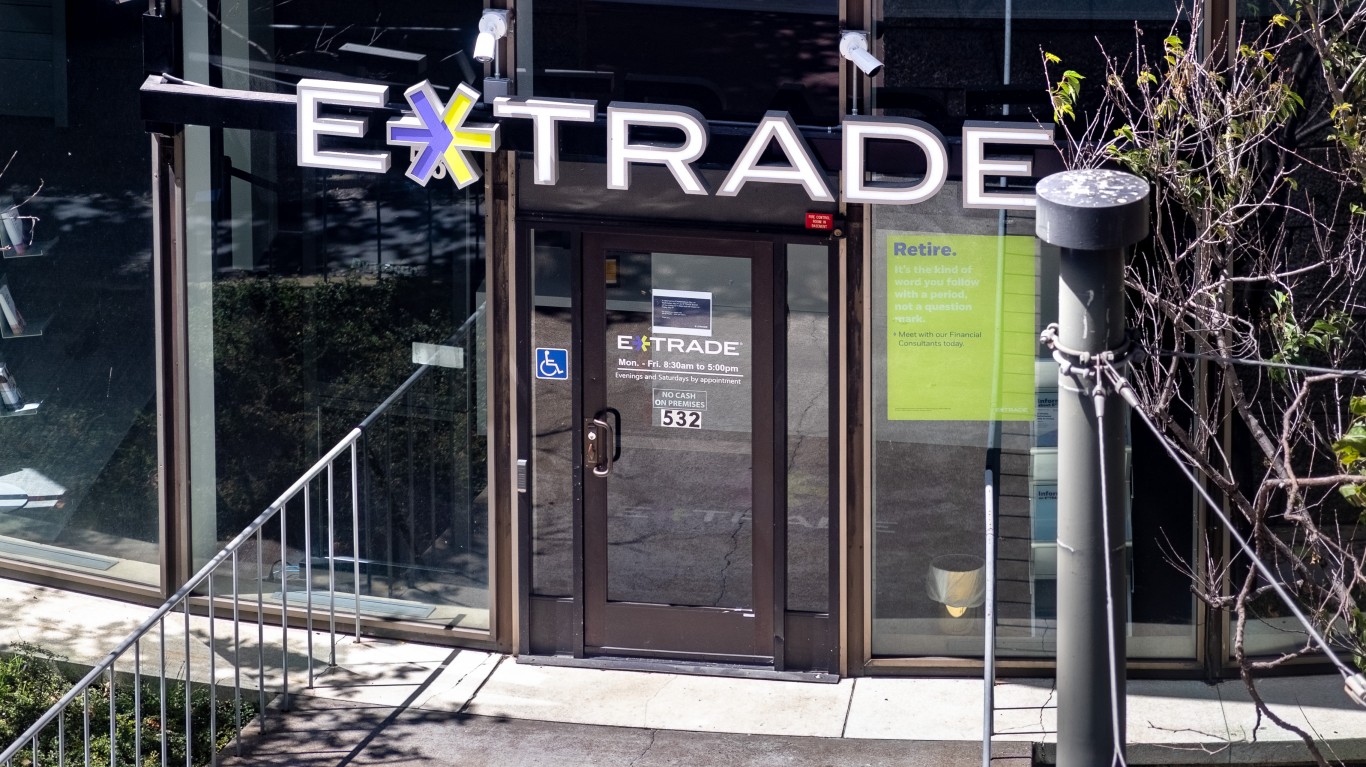 The volatility late last year and in March should have pushed all of the speculators out of the US stock markets. Very few investors made money and a number of individuals and funds were wiped out. Memories seem to be short when it comes to losing money.
The volatility late last year and in March should have pushed all of the speculators out of the US stock markets. Very few investors made money and a number of individuals and funds were wiped out. Memories seem to be short when it comes to losing money.
The press continues to focus on the news that trades in troubled financial stocks have made up a disproportionately large amount of the volume on the NYSE this week. Billions of shares in Citigroup (C), Fannie Mae (FNM), and AIG (AIG) have changed hands. None of the companies have high share prices so that the activity is a modest portion of the total dollars traded on the exchange each day. This means that day traders are flipping them like penny stocks, speculating on their futures.
The cause of the speculation is really very simple. It is based on whether the federal government will continue to support these banks and financial firms, and, if so, what the cost will be to common shareholders. When the AP asked an expert about the eventual fate of AIG, Fannie Mae, and Freddie Mac (FRE), the answer was “People have done well by trading them (in the short term), but when it gets to the end of the road, these stocks are going to be worth zero,” said Bose George, an analyst with the investment bank Keefe, Bruyette & Woods Inc.
Speculation is all about the “end of the road.” Traders active in these stocks believe that they can stay one step ahead of the hangman. An investor who is low on brains and high on courage could have made over 200% on Fannie Mae (FNM) over the last month. The government could have announced the liquidation of the firm or a merger with another financial company and taken the shares to “zero.” Obviously, that did not happen, but it could happen next month or the month after that.
The financial sector is not the only one where speculation is causing spectacular but unjustified price swings. Shares in VoIP pioneer Vonage (VG) have gone from under $.50 to over $2 in a week and there is no material news that could have caused the rise. It is only based on speculation, which has no solid information to support that a company which has been doing badly quarter after quarter, will suddenly do well. Vonage does not have the business model DNA to reverse its fortunes. Its business is too far away from any part of the economy where there is money to be made.
The remarkable thing about the current level of risk that investors are willing to take on is that it is not restricted to nearly insolvent financial firms or penny stocks. Shares in Ford (F) are up almost 250% this year. Analysts could make the argument that the car company has gone from death’s door to the point where it may be consistently profitable again. There is an equally strong case to be made that the US car market may not recover for over a year and that most auto companies still face red ink.
The fact of the matter is that risk was not wrung out of the market five months ago. It only hibernated briefly. Not a single lesson was learned by some investors. They are still willing to bet that they can outsmart the system of analyzing and trading stocks and be part of the small subset of investors who consistently make strong returns. There is almost no one who can do that with any regularity. It is a sort of investing utopia that no trader has ever found.
The government will not do anything about the speculation. It really can’t. That would be like telling people that they cannot take the risk of smoking or drinking. These speculators are the masters of their own fates no matter how clear it is to any federal agency that risky trading undermines that stability of the markets and the health of many of its participants.
Almost every person who drinks or smokes too much over a long period of time says the same thing. “Look at Winston Churchill. He lived to be over 90 and was fat as well.” He was also the greatest political figure of the 20th Century. None of the people investing in AIG now can say that.
Douglas A. McIntyre
Essential Tips for Investing: Sponsored
A financial advisor can help you understand the advantages and disadvantages of investment properties. Finding a qualified financial advisor doesn’t have to be hard. SmartAsset’s free tool matches you with up to three financial advisors who serve your area, and you can interview your advisor matches at no cost to decide which one is right for you. If you’re ready to find an advisor who can help you achieve your financial goals, get started now.
Investing in real estate can diversify your portfolio. But expanding your horizons may add additional costs. If you’re an investor looking to minimize expenses, consider checking out online brokerages. They often offer low investment fees, helping you maximize your profit.
Thank you for reading! Have some feedback for us?
Contact the 24/7 Wall St. editorial team.



